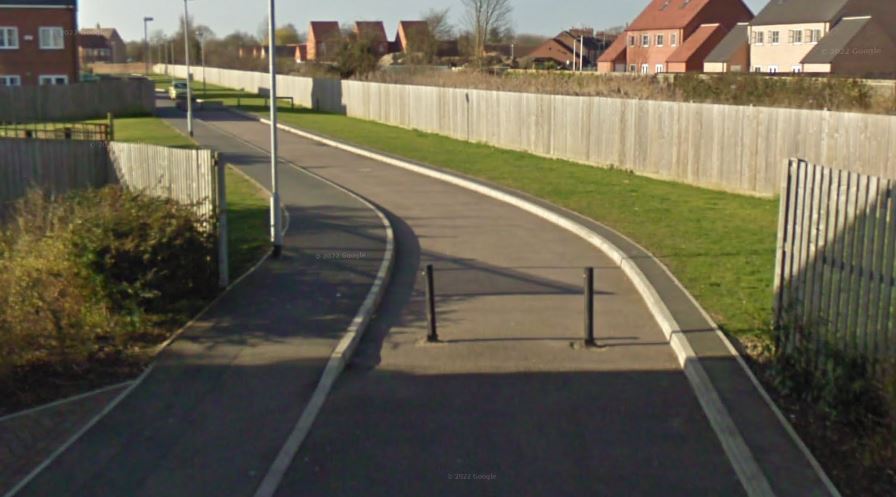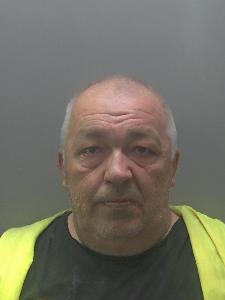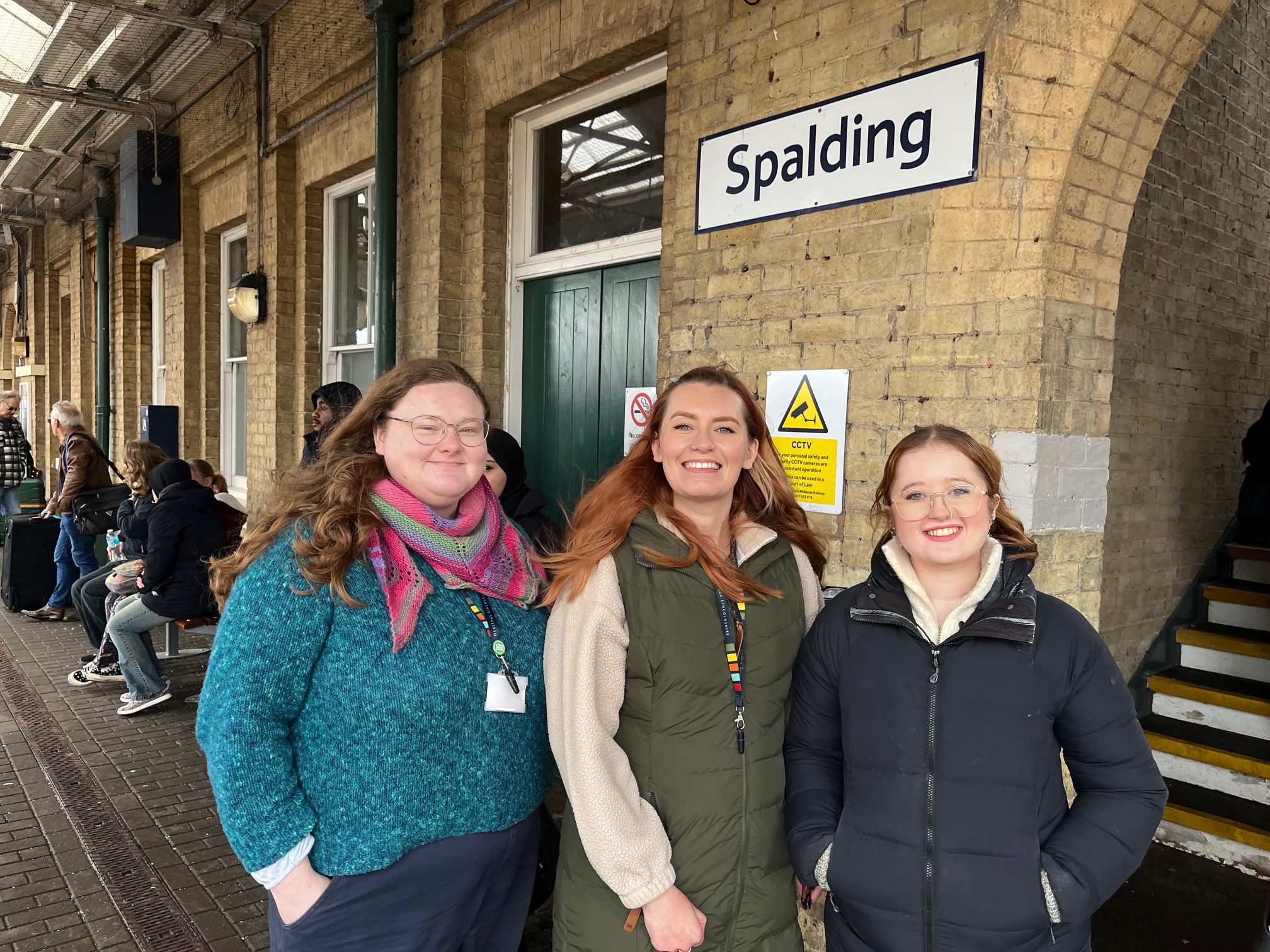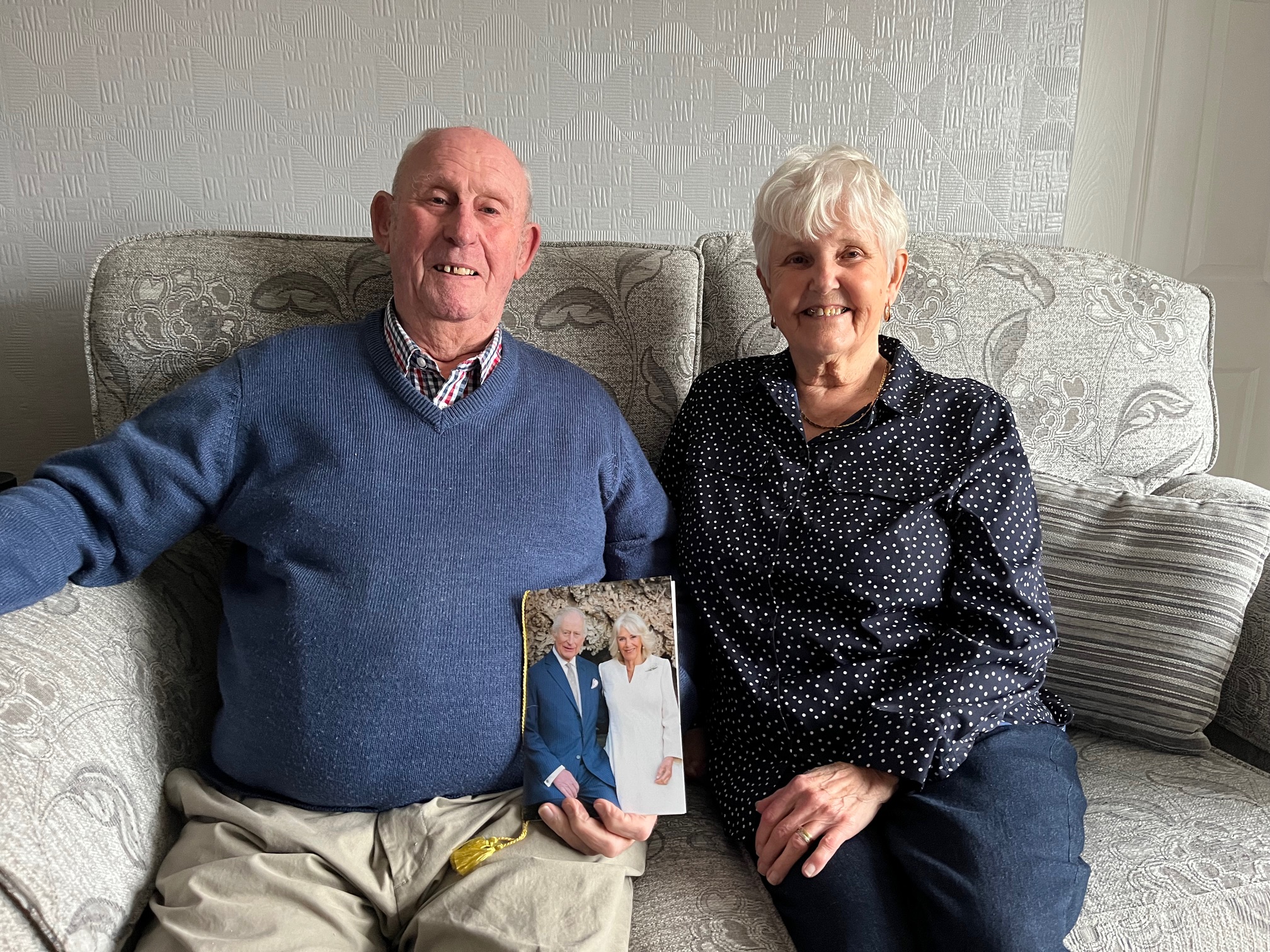Why bollards were removed from a narrow Spalding street is to be looked at amid a complaint vehicles are getting stuck.
Measures to stop people driving along a narrow stretch of road between Palin Drive and Green Lane had been in place for around 20 years.
That’s because the section is not big enough for two vehicles to pass each other along it.
The bollards have since been removed and residents says it’s led to problems including lorries becoming stuck and vehicles having to drive on pavements and gardens to get past each other.
Resident John Coupland said: “There was a lorry from Spain that got stuck there for about two hours one night after driving down there in the middle of the night.
“As it’s only big enough for one vehicle the paths are being damaged as cars are having to drive on them when coming up against others and some people have had their gardens damaged.
“There’s been no consultation on their removal.
“The bollards that were there most recently were up all the while and only meant to be moved if emergency vehicles needed to get down.”
It’s not clear why the bollards were totally removed.
There were two sets of bollards, but a 2019 planning permission submitted to South Holland District Council for the building of a home on nearby land said the most southern of the two sets of bollards would be moved further north to allow access to the new development.
The bollards were replaced by temporary traffic lights while construction on the property took place.
They’ve since been removed, as have all the bollards.
When The Voice asked Lincolnshire County Council why they had removed them a spokesman said it was due to a request from a ‘resident’, but at the time of going to press this paper had not received a response to the follow up question of who and when this request had occurred, or what form of consultation had taken place.
A spokesman for the authority though did say: “We will review the next steps of what happens with the bollards with the developer and discuss the possibility of them being put further into the development.
“Once we have had these conversations, we will put in place a programme of work accordingly.”







